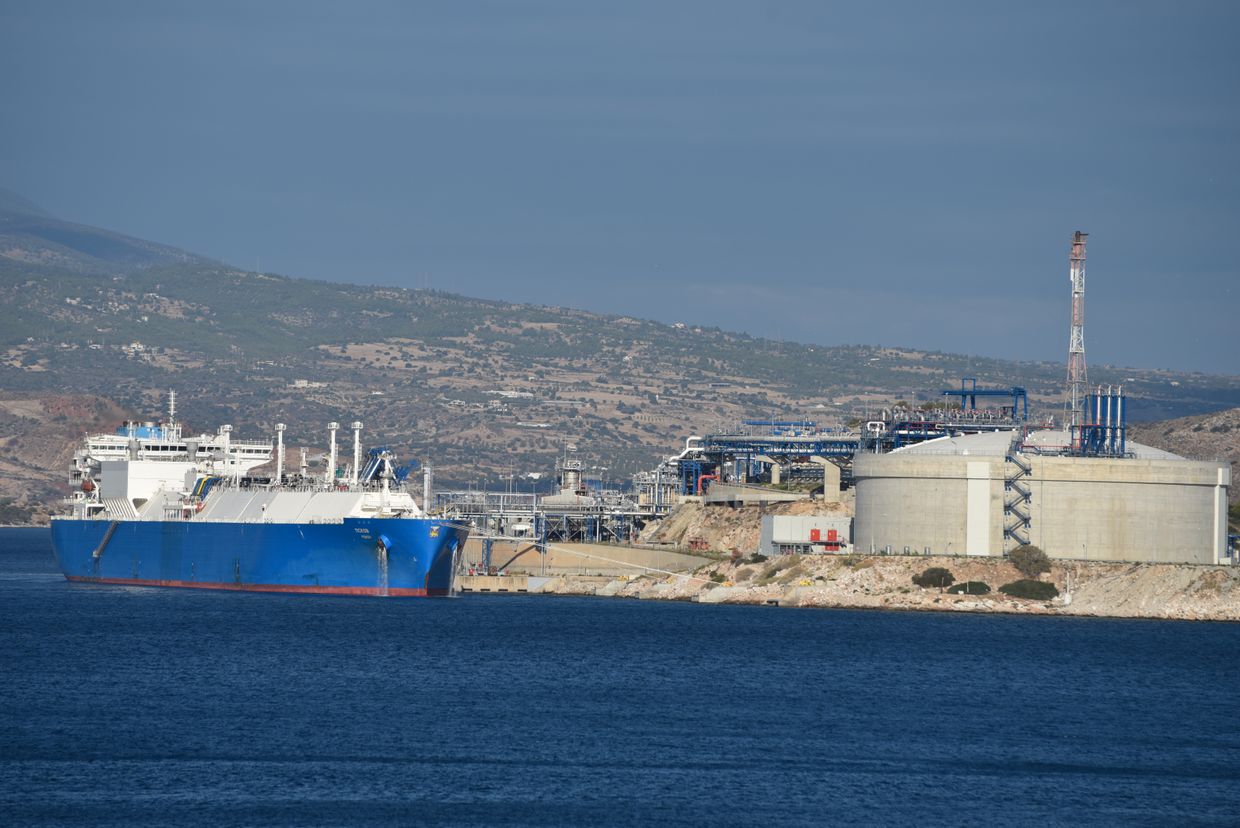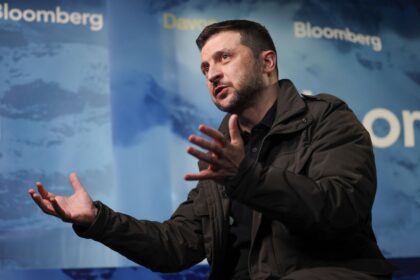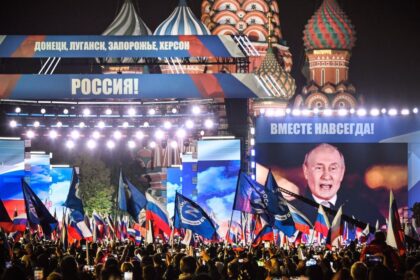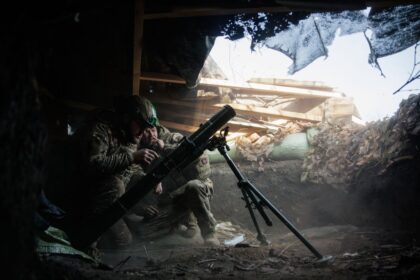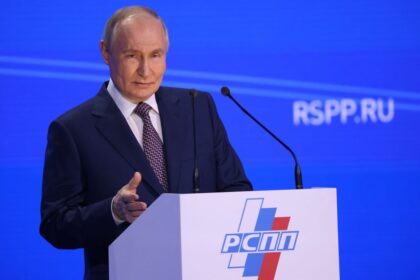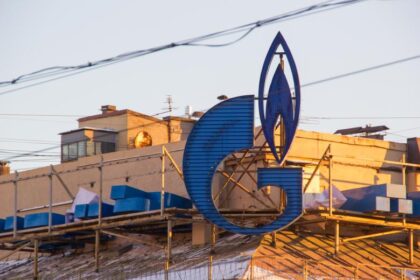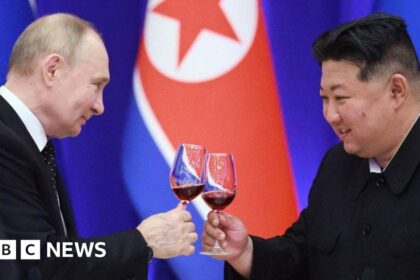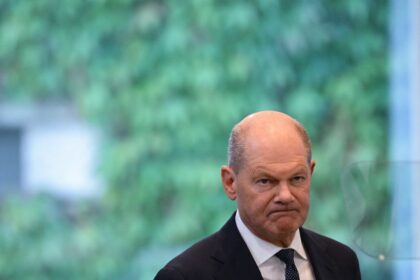**EU’s Plan to Cut Russian LNG Imports Hits Snag**
The European Union’s (EU) proposal to phase out Russian liquefied natural gas (LNG) has run into trouble, with France and Belgium expressing concerns over the plan. According to a report by Politico on June 3, these two countries are seeking additional assurances before committing to the EU’s strategy.
France and Belgium, which are among the largest EU importers of Russian LNG, want stronger legal and economic guarantees before joining the plan. Russia’s energy exports have been a major source of revenue for the Kremlin’s military campaign against Ukraine. The EU has already reduced its reliance on Russian gas from 45% in 2021 to 19% in early 2025.
**France Prioritizes Securing Replacement Supplies**
French Energy Minister Marc Ferracci told Politico that Paris supports diversification but prefers to prioritize securing replacement supplies. France has been sourcing alternative LNG from Qatar and other suppliers, but it remains bound to long-term contracts with Russian firms. Ferracci emphasized the need for legal protection of existing contracts, citing TotalEnergies’ supply contract with Russia’s Novatek valid through 2032.
**Belgium Wants Impact Assessment**
Belgium, Europe’s second-largest Russian LNG customer, is seeking an “in-depth impact assessment” before backing the EU’s plan. Belgian Energy Minister Mathieu Bihet said Brussels must evaluate how ending imports would affect its LNG terminals and storage infrastructure, which are expected to handle Russian shipments until 2035.
**Contrasting Views**
While France and Belgium take a cautious approach, Spain and the Netherlands have expressed readiness to endorse the EU’s strategy. Ukrainian officials and civil society groups have consistently urged the EU to cut these financial lifelines, pointing to ongoing Russian attacks and occupation.
The internal divisions among member states risk delaying implementation of the Commission’s proposed cutoff, which forms part of a broader push to safeguard European energy sovereignty and reinforce the EU’s sanctions architecture.
Read More @ kyivindependent.com




